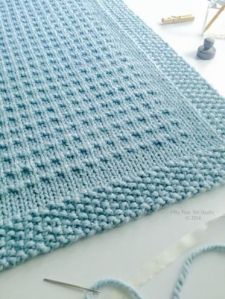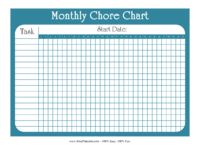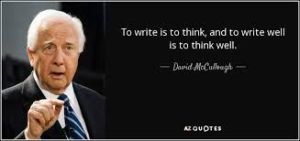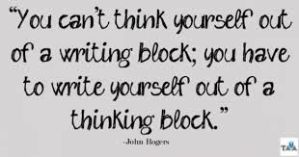Merry Christmas Eve. It’s -1 degree on our mountain top with a wind chill of -13. Our internet is out—so I think I’ll do a bonus blog.
As an editor working with doctoral students and faculty, I’ve had to learn APA style (in my past life as a sociologist, I used the American Sociological Association’s style and that is what I taught to my sociology students). Nearly all my graduate student clients have used APA 6 or 7, so I not only know “basic APA” but also the nuances between version 6 and 7.
What I thought I’d do is a quick overview of the most common errors I correct, to perhaps help those of you who are self-editing your manuscripts.
Let’s start with a basic reference citation for a journal article with DOI. One thing — while I know a lot of things, I cannot figure how to indent a line in Word Press, so I apologize, but every line but the first one in what you see should be indented. Please use your imagination!! :
APA6
LastNameAuthor1, FirstName’sInitialAuthor1, & LastNameAuthor2, FirstName’sInitialAuthor2. (year). Title of article with only first word capitalized: Subtitle with only first word capitalized. Journal Name with Nearly All Words Capitalized and Italicized, 25(2), 115-131. Doi: 10.xxxxxxxxxxxxx.xxxx
Note 1: If the author has both first and middle names or first name and middle initial, then use the FirstNameInitial (space) MiddleNameInitial.
Note 2: 25 is italicized and represents the volume # of the journal
Note 3: (2) non-italicized represents the edition within the volume
Note 4: 115-131 represents the starting-ending page numbers
Note 5: Do not put a period at the end of the doi address
Note 6: Doi means the digital object identified (the durable URL for the article). Notice that it does not begin with http or https.
Some other things to notice:
-Don’t use “and” between the two authors, but “, &”. If there are 3 authors, use a comma between first 2 authors and then the “, &” before authors 2 & 3.
-About capitalization of title and subtitle: if there are words which are proper nouns (e.g., America), then they will still be capitalized in title.
-Some other styles put quote marks around a journal article’s title but APA6 does not
Now here’s the APA7 for the same article.
LastNameAuthor1, FirstName’sInitialAuthor1, & LastNameAuthor2, FirstName’sInitialAuthor2. (year). Title of article with only first word capitalized: Subtitle with only first word capitalized. Journal Name with Nearly All Words Capitalized and Italicized, 25(2), 115-131. https:doi.org//10.xxxxxxxxxxxxx.xxxx
Note 1: If the author has both first and middle names or first name and middle initial, then use the FirstNameInitial (space) MiddleNameInitial.
Note 2: 25 is italicized and represents the volume # of the journal
Note 3: (2) non-italicized represents the edition within the volume
Note 4: 115-131 represents the starting-ending page numbers
Note 5: Do not put a period at the end of the doi address.
Do you see the changes? There are only three. Look at the “doi” – do you see that in APA7 starts with “https”? That’s the first change. The second one is further into the doi address; it uses “doi.org//” before starting the numerals in the address. The third one is that there is no space now anywhere in the “doi” section of the reference; there was a space between “Doi:” and the numbers which followed.
I know, these seem like small changes, don’t they? In some ways they are. And to me, one of the changes is odd—I have wondered why, in APA6, they decided to remove the “https:” part of the Doi’S URL, only to add it back in APA7.
Here are some other APA issues which my clients often forget:
-Most references don’t need “Retrieved date” anymore. Only use that in a reference if the source is not likely to remain “internet stable” – that is to say, the source will continue to update the exact version you are using, without archiving editions. And don’t say “Retrieved on Month date, year” just say “Retrieved.” It should look like “Retrieved April 1, 2022 from URL.” See APA7, 9.16, 10.2, 10.3, 10.14-10.16 for more information.
-For a work with more than 2 authors:
-APA6 said to cite all of them the first time you used the reference and then use “LastNameAuthor1 et al.” for future in-text citations.
-APA7 says to use “LastNameAuthor1 et al.” every time (i.e., including the first time it is cited), unless there would be confusing with another source.
-APA7 allows for the use of a singular “they” for individuals who use “they” as their pronoun as well as for a generic third-person singular when you don’t know the person’s gender. See APA7, 4.18. I do caution dissertation authors to check with their committee chair if this is acceptable in their particular programs.
Stay warm, stay safe and healthy, and I hope that you are with people you love.
See you the first week in January for a year of blogs about writing.
Please visit the Pedagogical Thoughts website to contact me about institutional or individual consulting, dissertation editing, or coaching about writing.





